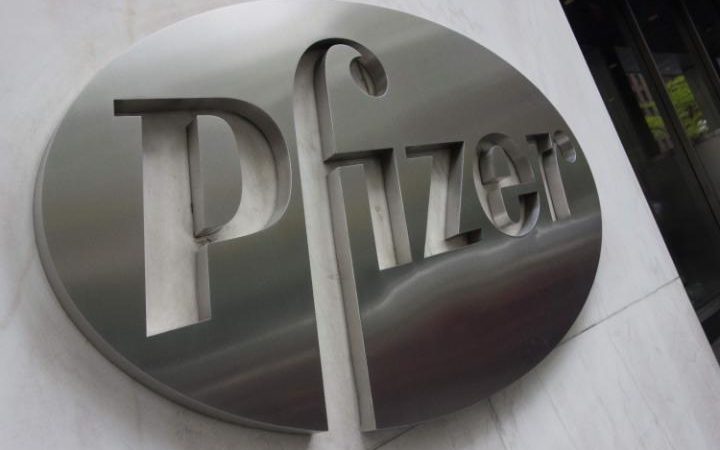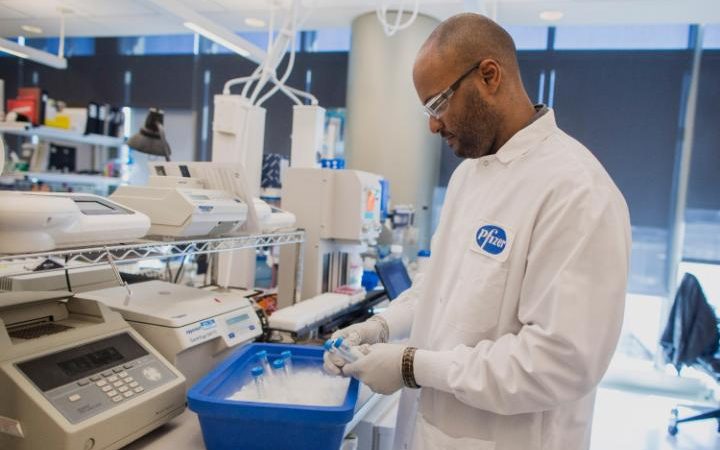
Pharmaceutical giant Pfizer has bounced back from its failed merger with Allergan by buying cancer drug maker Medivation for $14bn (£10.7bn).
Pfizer, the second-largest US pharma company and the maker of Viagra, had been looking for a deal since its $60bn merger with Dublin-domiciled Allergan collapsed earlier this year. The company had sought to reduce its tax rate by shifting its legal domicile to Ireland, where corporation tax is lower, but was thwarted by new US regulations.
The drugs giant also attempted a controversial $100bn takeover of UK-based AstraZeneca in 2014, only to be rebuffed by Astra shareholders who deemed the final offer was too low.
The takeover bid for Medivation, at $81.50 a share, is smaller than Pfizer’s previous mooted deals, but goes well beyond the company’s market value of $11bn. Pfizer had to beat off stiff competition from French drugs company Sanofi, which had an initial $9.3bn offer rejected earlier this year before unsuccessfully lobbying Medivation investors to oust the company’s board.

The acquisition of Medivation will accelerate Pfizer’s “pathway to a leadership position in oncology, one of our key focus areas”, said Ian Read, chairman and chief executive officer of Pfizer.
The boards of both Pfizer and Medivation have unanimously approved their merger.
The deal means Pfizer will get its hands on Medivation’s flagship product Xtandi, a hormone therapy for prostate cancer. The drug will sit alongside Pfizer’s Ibrance breast cancer treatment in its Innovative Health division, one of two main units it has created in advance of a potential split.
Pfizer has stated it may split itself into two by selling off its lower-margin division that produces drugs facing generic competition. Mr Read has said that a decision on whether or not to break up the company will be made before the end of 2016.
Separately, China National Chemical’s $43bn takeover of Syngenta has cleared its biggest regulatory hurdle by winning approval from US national security officials.
The Committee on Foreign Investment in the US has given the transaction, expected to be completed by the end of the year, the green light.
The acquisition of Switzerland-based Syngenta, one of the world’s largest producers of seeds and pesticides, is the biggest takeover of a foreign company yet by a Chinese firm.

